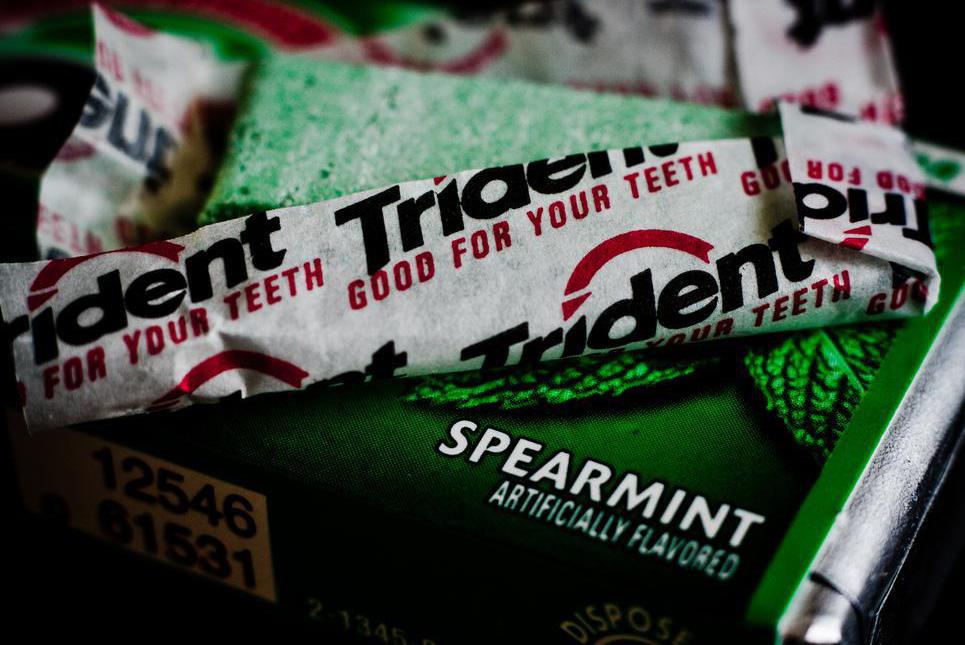At WiseGEEK, we're committed to delivering accurate, trustworthy information. Our expert-authored content is rigorously fact-checked and sourced from credible authorities. Discover how we uphold the highest standards in providing you with reliable knowledge.
What Happens to Swallowed Gum?
Swallowed gum typically passes through the digestive system, just like most other things that are swallowed. While there is a risk that large amounts of gum swallowed at once could cause an intestinal blockage, swallowed gum usually doesn't present any dangers. Gum resin, which is used to form the chewy base of most chewing gums, is not usually digestible, so it generally passes through the esophagus, stomach, and intestines, to be excreted in a bowel movement two or three days after it's swallowed.
Many people, especially parents of young children, are concerned that swallowing chewing gum could be hazardous to health. In fact, swallowing just one small piece of gum from time to time usually presents no danger to health. Chewing gum is generally not meant to be swallowed, however, and should usually be discarded.

Very young children, generally those under the age of five, probably shouldn't chew gum at all. The risk of swallowing gum is usually higher in young children, who may not understand that gum is meant to be chewed rather than swallowed. A large amount of swallowed gum could cause a blockage in the digestive tract, but it would probably have to be swallowed all at once. Contrary to what many believe, chewing gum does not generally remain inside the stomach or intestines for any significant length of time. It usually takes about the same amount of time to pass through the digestive tract as any other swallowed food.

If foreign objects, such as coins, are swallowed at the same time as gum, or while there is still swallowed gum in the stomach, the chances of intestinal blockage could be higher. Most of the dangers gum presents are related to its other ingredients, which typically consist of sugar, flavorings, and softeners. The high sugar content in many chewing gums can contribute to tooth decay, weight gain, and type 2 diabetes. The flavorings and softeners in chewing gums can, rarely, lead to side effects including mouth irritation, high blood pressure, and diarrhea. The artificial sweeteners used in many sugar-free gums can also have unpleasant side effects, and researchers aren't yet confident that they understand the risks of consuming these sweeteners.
AS FEATURED ON:
AS FEATURED ON:
















Discussion Comments
There were probably some types of gum that weren't good to swallow, but the gum bases today aren't derived from rubber any more. The one I was warned about as a kid was chicle, the coated gum sold in penny machines. My son said he heard bubble gum was dangerous to swallow.
When I was a kid, a teacher said it took seven years for swallowed gum to go away. I knew I had already swallowed a lot of gum by then, so I was terrified I was going to swell up and die one day. I didn't realize at the time it was just a ploy to persuade us not to make a habit out of swallowing gum.
I finally read a science textbook that explained how digestion worked and why things like gum weren't going to remain in the stomach permanently.
Post your comments